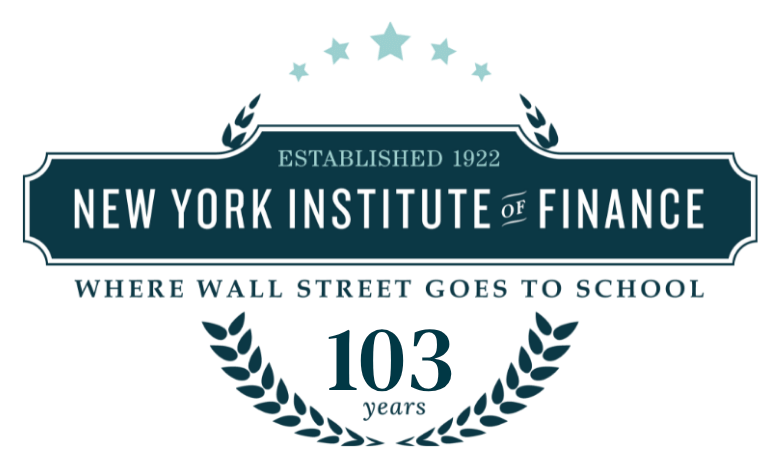Don’t be distressed about alternative funding
By David Stevenson. This article originally appeared on FT.com on January 28th, 2011.
Is the unpopularity of big banks among the business community an opportunity for investors?
Is the unpopularity of big banks among the business community an opportunity for investors? Just last week I met the chair of a successful £100m private company who had borrowed a few million back in 2006, to invest in a new international operation and a house in Spain. Relations with his bank were fine until the financial crisis came along – at which point the bank decided that he’d breached a covenant (not anything to do with sales or profits or cashflow – just some petty technicality) and this justified a 450 basis point hike in his loan costs.
As the plain-speaking Lancastrian put it: “They’re all just sharks and I’d rather take money from my mother-in-law than deal with that mob.”
Really? Then could this be an opportunity for a really adventurous investor?
Very few alternative sources of funding have emerged since the crisis – but one that was launched last year, called the Extra Market (www. thextramarket.co.uk), is focused on “special situations investing” – in effect, distressed lending.
Before you shudder at the prospect, it’s worth remembering that terms such as “distressed” and “junk” have specific – rather than emotive – meanings in credit and lending markets. Junk might mean complete rubbish to most people, but to bond traders it simply means issues that are below investment grade, and therefore riskier. Similarly, distressed debt suggests lending to companies in real trouble, but to Extra Market it simply means funding established companies with solid businesses that need extra cash – and are having a spot of bother getting it from a bank.
What these would-be lenders lack, of course, are the large back-office credit risk analysis teams found at the high street banks. However, via Extra Market these investors can line up a few big deals every year and make a decent profit.
Now, none of this is much use to investors who aren’t willing to shell out a few million at a time. So, Extra Market has decided to launch a smaller offshoot, Angel Market (www.theangelmarket.com).
This poor(er) man’s version of Extra Market allows investments that range from a few tens of thousands through to an average deal size of £500,000 – although the bulk of opportunities will be in the £50,000 to £500,000 range, according to David Wetz, its chief executive..
He believes this level of investment might tempt investors who have been in business themselves and may know the market space occupied by a “distressed” business.
To understand how it might work, go back to that example of the stressed-out building firm. Via the Angel Market, it might receive a dollop of £100,000 in cash from an investor who knows the property business very well. Maybe a new managing director is put in charge and the angel investor sits on the board with an equity share, imparting business wisdom.
What’s in it for the Angel Market? Well, it makes money from its subscription-based information service. It puts prospective buyers in touch with businesses in need of cash quickly – and charges a small fee to investors for a successful deal, plus a lower charge to businesses that want to “advertise”.
Clearly, this is still very high-risk stuff. Wetz admits: “This is not an area for the faint-hearted and participating investors will have to prove they are active and experienced in order to participate.” But he claims that the opportunity is huge, especially in the current market.
I have no idea if Wetz is right but – if nothing else – there is one really attractive upside: just remember that you’ll be doing your bit to stuff the big high street banks!
Maybe all the extra risk is worth it, just for that alone!
About New York Institute of FinanceWith a history dating back more than 90 years, the New York Institute of Finance is a global leader in training for the financial services and related industries with course topics covering investment banking, securities, retirement income planning, insurance, mutual funds, financial planning, finance and accounting, and lending. The New York Institute of Finance has a faculty of industry leaders and offers a range of program delivery options including self-study, online and in classroom.
For more information on the New York Institute of Finance, visit the homepage or view in-person and online finance courses below:
